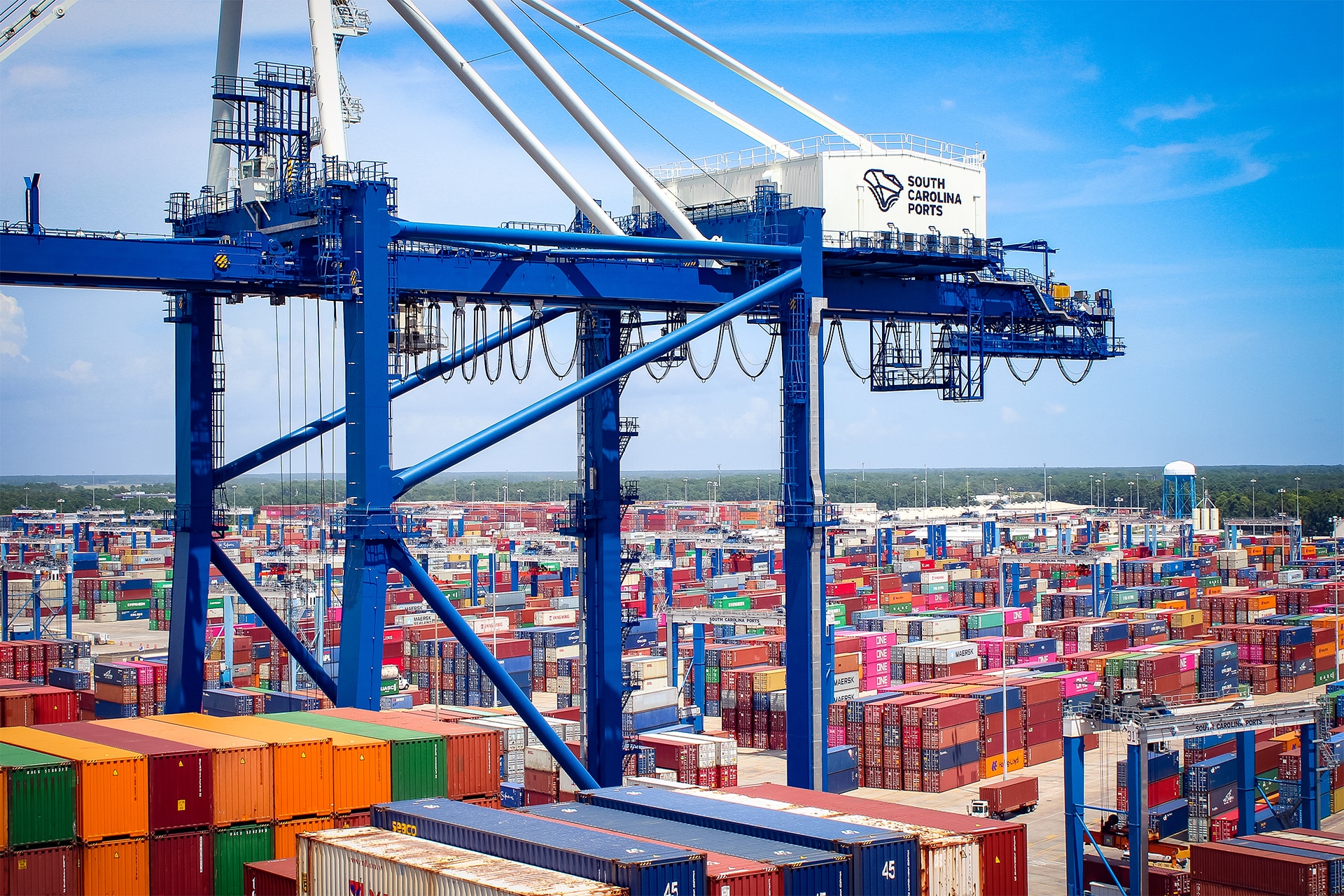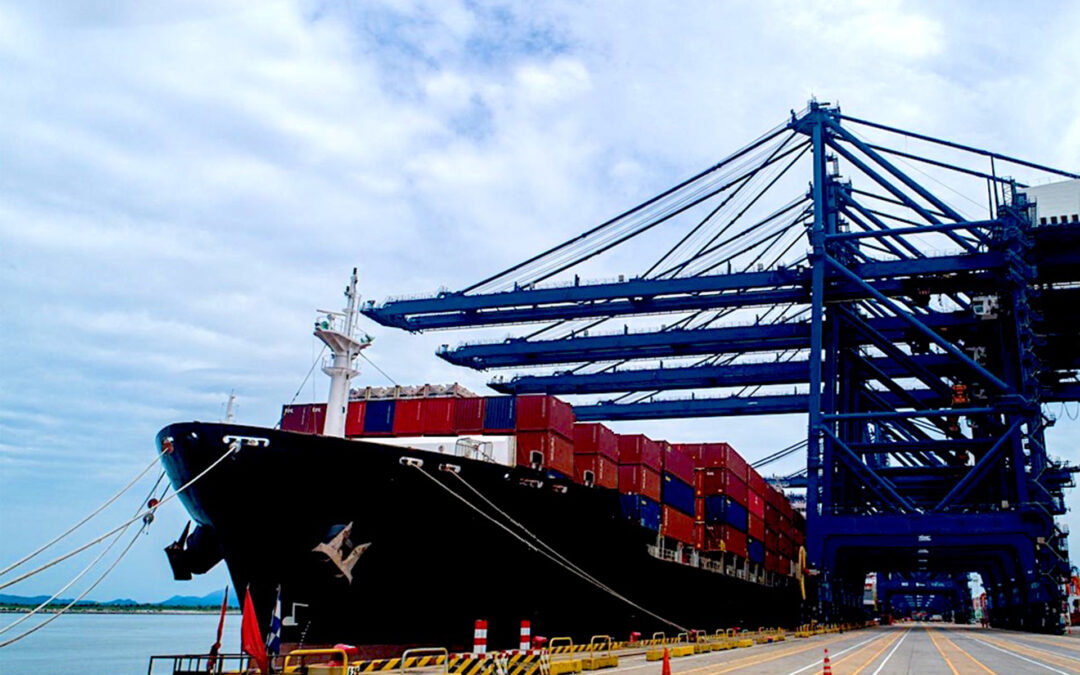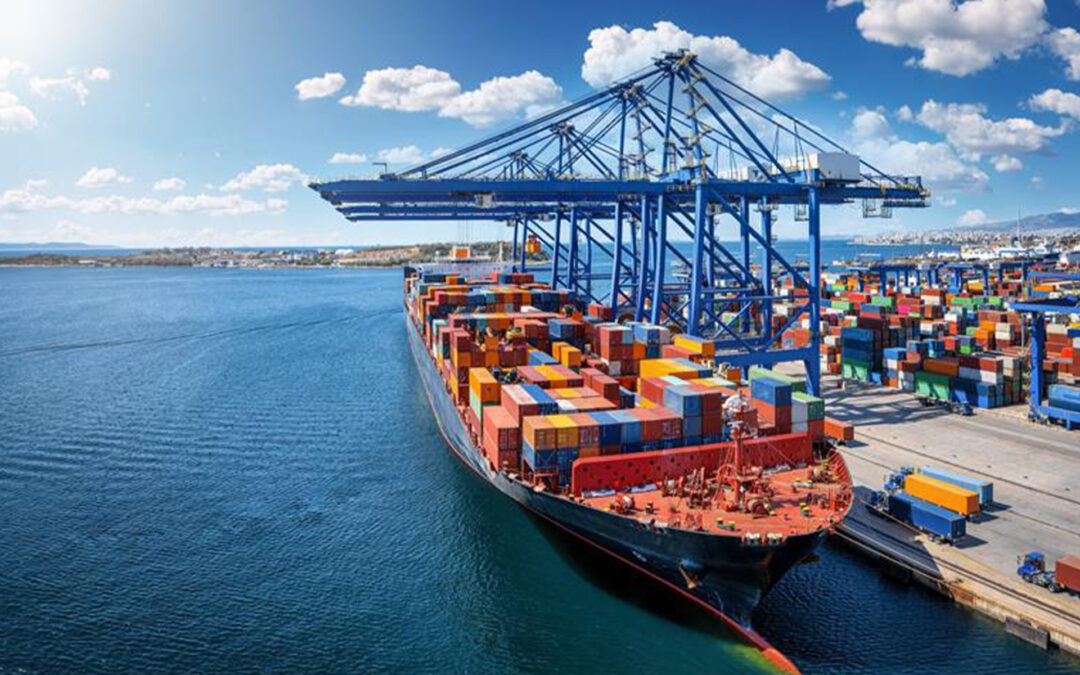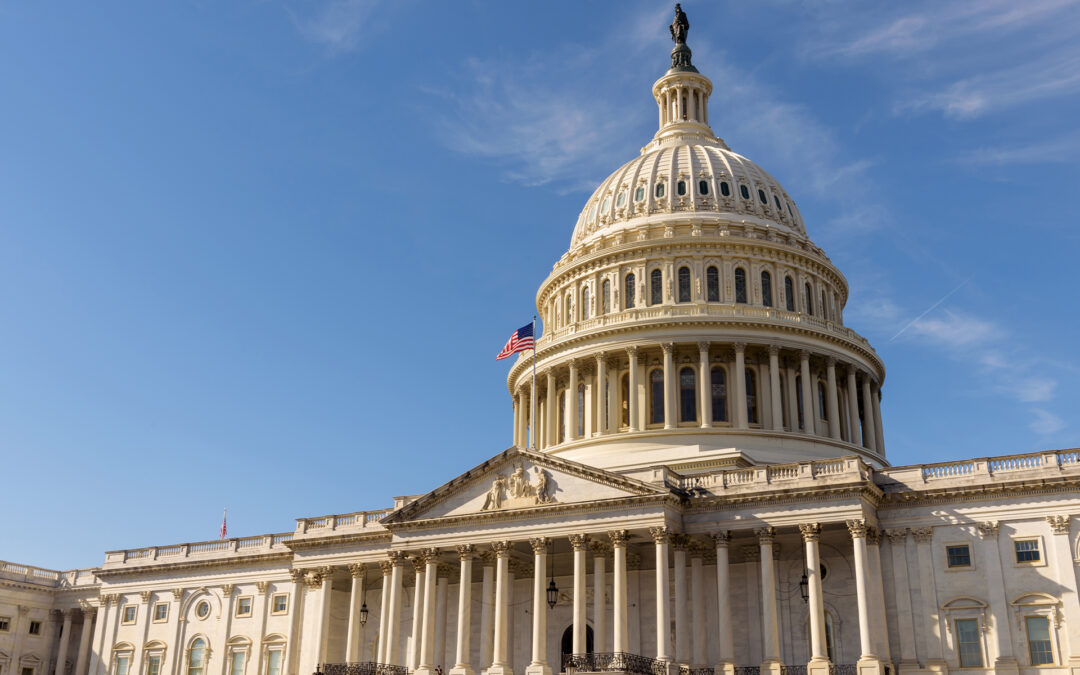A coalition of 267 federal, state and local trade associations is urging the leadership of the International Longshoremen’s Association and the United States Maritime Alliance to reach a new labor contract before the January 15, 2025, contract expiration date.
The International Longshoremen’s Association and the United States Maritime Alliance on October 4 suspended a three-day labor strike at East and Gulf Coast ports after reaching a tentative wage agreement, further agreeing to extend the master contract until January 15, 2025, to return to the bargaining table to negotiate all other outstanding issues.
A recent letter imploring a contract resolution by the extended deadline was undersigned by organizations representing American manufacturers, farmers and agribusinesses, wholesalers, retailers, restaurants, importers, exporters, distributors, transportation and logistics providers, and other supply chain stakeholders. The International Housewares Association and International Housewares Shippers Association, as well as the National Retail Federation, are among the undersignees of the letter, addressed to Harold Daggett, president of the International Longshoremen’s Association, and David Adam, chairman and CEO of the United States Maritime Alliance. The letter was shared with the staff of the Biden administration, staff of the transition team of President-elect Donald Trump, key members of Congress and the media.
“It is imperative for the parties to resume negotiations and remain at the table until a new contract is reached,” the letter reads. “We know significant issues remain between the parties. However, we continue to believe the only way to resolve these issues and come to an agreement is to actually stay at the negotiating table. The continuing start and stop of the negotiations leads to further uncertainty in the supply chain, which continues to cause challenges.
“The three-day strike in October had a significant impact on supply chain stakeholders that rely on the East Coast and Gulf Coast ports,” the letter continues. “The additional costs from mitigation efforts as well as post-strike resumption are still being felt. Companies have continued to implement mitigation strategies because of the ongoing threat of another strike in mid-January if a new contract is not achieved.”
The letter notes that automation and technology continue to be the biggest issues of disagreement between the parties.
“It is critical that our ports and terminals have the ability to modernize their systems and processes in order to remain globally competitive and be able to handle the continuing rise of trade volumes, both imports and exports, through our ports,’ the letter reads. “Modernization can only happen through a true partnership between labor and management, as well as the other supply chain stakeholders that rely on these ports. Modernization efforts will benefit all parties and are essential to address current and future throughput issues.”





